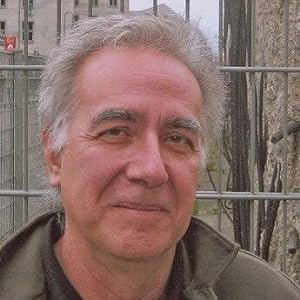Carlos M. N. Eire
Some of my readers tell me that I’m two authors: one a historian of late medieval and early modern European religious history, who writes books laden with footnotes, and the other a memoirist who has written about his life in Cuba and in exile.
My dual identity is a result of my life history. In 1962, at the age of eleven, my parents sent me to the United States, as part of the so-called Pedro Pan airlift, which offered 14,000 Cuban children a chance to escape the totalitarian soul-crushing regime of Fidel Castro. After three and a half years of bouncing from one foster home to another, my mother was finally allowed to leave Cuba, and I was reunited with her in Chicago. My father remained trapped on the island, and I never saw him again.
Scholarship became my intellectual and spiritual refuge from life as an exile, and, at the same time, my means of understanding it. Having lived through a violent revolution, it’s no accident that I chose to specialize in the religious, social, and political upheavals of the age of the Reformation (1450-1700). Having perceived at an early age that modern politics is not much different from religion, insofar as political movements are guided by sets of beliefs and established through rituals and symbols, and lists of “correct” beliefs, it’s also no accident that I ended up dealing with religious history.
My two writing styles are different, as one might expect, but I only have one voice, and one goal in mind when I write, which is to make the past come alive, and to help my readers see that there is always more to be perceived than what meets the eye, both in the past and in the present.
Up until the year 2000, my writing was strictly professional, and limited to the demands of my teaching posts: before joining the Yale faculty in 1996, I taught at St. John’s University in Minnesota and the University of Virginia, and spent two years at the Institute for Advanced Study in Princeton. But in 2000, driven nearly insane by the ignorant way in which the North American news media dealt with all things related to Cuba, I ended up writing my own eyewitness account of the Cuban Revolution. I meant to publish it as fiction, but thanks to a very wise editor, it ended up on the shelves as what it really was: a memoir, and perhaps the best piece of history I have penned to date.
Much to my surprise, “Waiting for Snow in Havana” (Free Press, 2003) not only became a best-seller, but also won the National Book Award in nonfiction for 2003, and ended up being translated into thirteen languages. It has also brought me the highest honor of all: having all of my work banned by Cuba’s totalitarian dictatorship, and being declared an enemy of the state.
The two of me are currently working on various projects. The “professor” has just published “They Flew: A History of the Impossible” with Yale University Press, a book on miraculous events during the transition to modernity. He is also working on a history of the Catholic intellectual tradition, and podcasting on Christian mysticism. The “writer” is concocting a historical novel.

1973, B.A.
